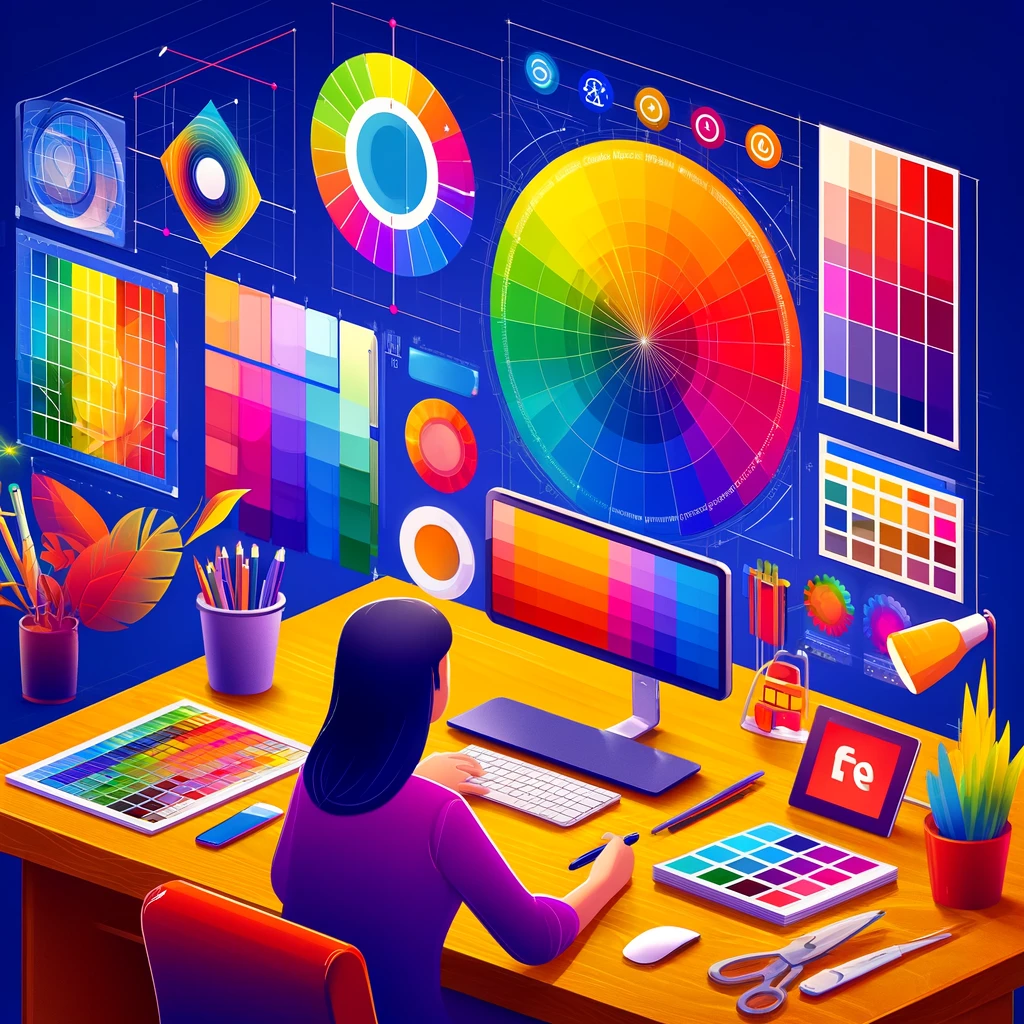Python, a high-level programming language, has cemented its position as one of the most popular and versatile languages in the world of technology. Known for its simplicity and readability, Python is not just a tool for developers but a robust and flexible language that supports various programming paradigms and applications. Here’s why Python continues to be a preferred choice among beginners and experts alike.
Simplicity and Readability
One of Python’s standout features is its clear and straightforward syntax. This makes it an excellent language for beginners who are just stepping into the world of programming. Python code reads almost like plain English, which reduces the learning curve and allows new programmers to grasp concepts more quickly. This simplicity also aids in maintaining and updating code, making it easier for teams to collaborate on projects.
Versatile and Multi-Paradigm
Python is a multi-paradigm language, meaning it supports different programming styles, including procedural, object-oriented, and functional programming. This flexibility allows developers to choose the best approach for their specific project, making Python suitable for a wide range of applications. Whether you’re working on web development, data analysis, machine learning, or automation, Python has the tools and libraries to get the job done.
Extensive Libraries and Frameworks
One of Python’s biggest strengths is its extensive collection of libraries and frameworks that extend its capabilities. Libraries like NumPy and pandas are essential for data analysis, while TensorFlow and PyTorch are go-to choices for machine learning and artificial intelligence. For web development, frameworks like Django and Flask provide powerful tools for building robust applications. These libraries and frameworks save developers time and effort, allowing them to focus on solving problems rather than reinventing the wheel.
Community and Support
Python boasts a vibrant and active community. This means that no matter what problem you encounter, there’s a good chance someone has already faced it and provided a solution. The Python community contributes to a wealth of resources, including extensive documentation, tutorials, forums, and third-party packages. This strong community support is invaluable, particularly for beginners who may need guidance and advice as they learn the language.
Cross-Platform Compatibility
Python is inherently cross-platform, meaning code written on a Mac will run on a Windows machine or a Linux server without modification. This makes Python an excellent choice for developing applications that need to run on multiple operating systems. The language’s compatibility extends to integration with other technologies and programming languages, ensuring that Python can be part of virtually any tech stack.
Popularity in Data Science and AI
In recent years, Python has become the dominant language in the fields of data science and artificial intelligence. Its simplicity, combined with powerful libraries for numerical computation and machine learning, makes it ideal for processing large datasets and developing complex algorithms. Python’s role in these cutting-edge fields continues to drive its adoption and evolution.
Real-World Applications
Python’s versatility is evident in its real-world applications. Companies like Google, Netflix, and Instagram rely on Python for various aspects of their operations. Python is used for everything from server-side web applications to network servers, from desktop GUIs to gaming, and from data analysis to system automation. Its presence in so many areas underscores its utility and robustness.




